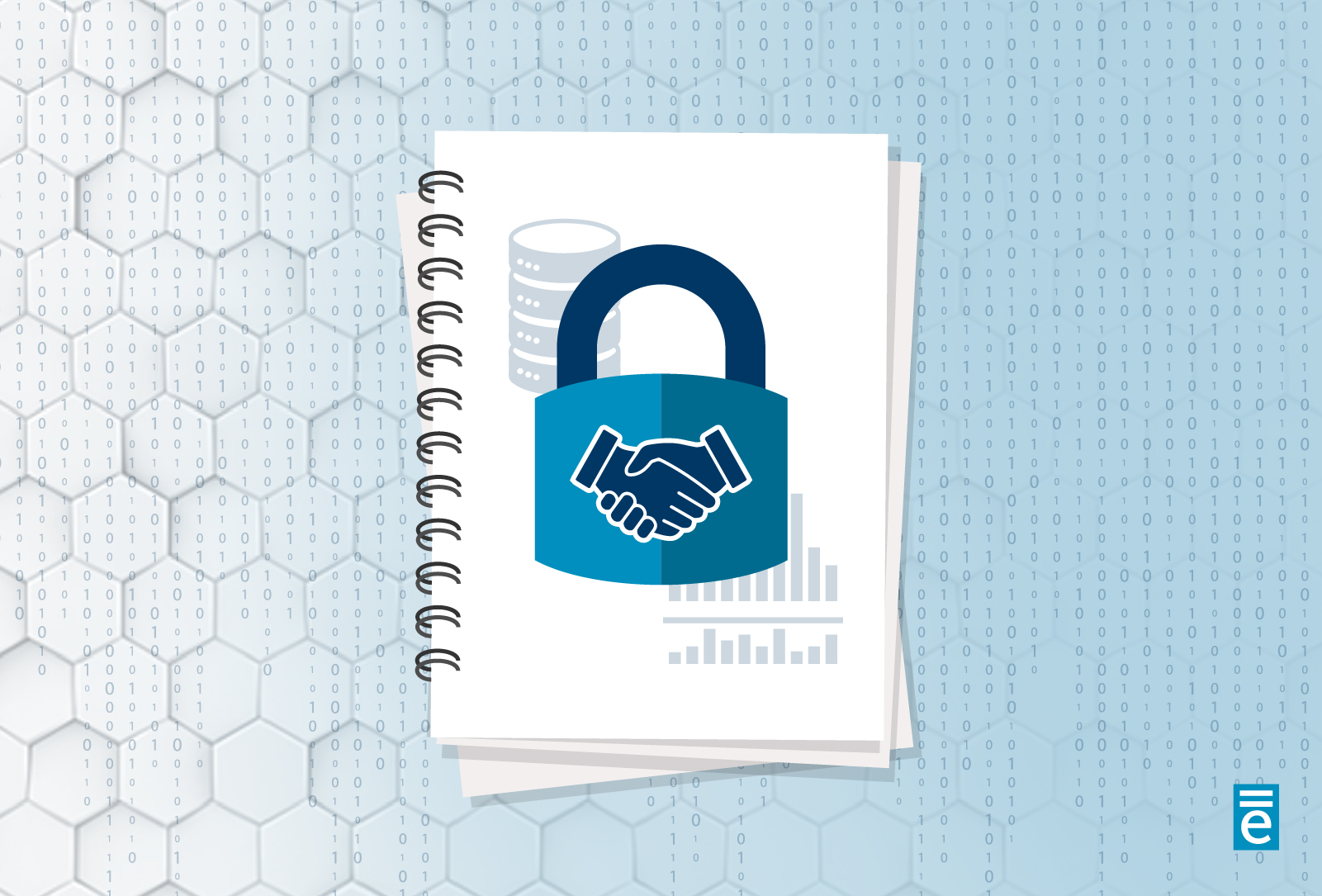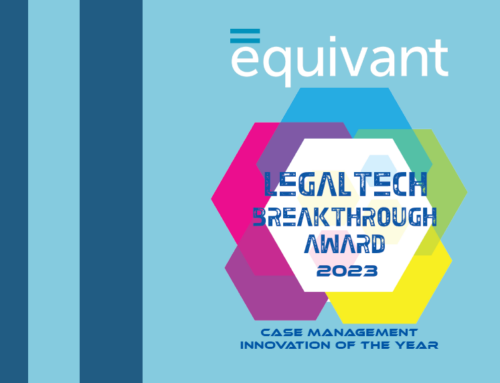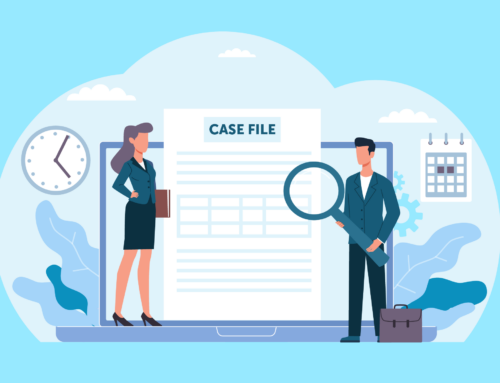How-To Guide: Building a Data Trust Agreement

Data sharing is inevitable. You simply can’t manage cases effectively without information from other agencies, and neither can your partner agencies. In many jurisdictions, these data exchanges rely on each party taking a leap of faith and trusting what they get from others. But, increasingly, we’re seeing a need for codified data trust agreements and formal data governance.
What does a data trust agreement allow us to do?
- Establish a common set of rules for data security/privacy, including what is shared, how it is shared, who contributes, and who accesses it.
- Enhance collaboration among agencies.
- Create a scalable and reliable process for intaking data from multiple sources.
- Measure the impact of your collaborative programs and initiatives.
- Respond more effectively to the questions and needs of constituents.
- Allow stakeholders, leaders, and decision-makers in your jurisdiction to see the complete picture informing their decisions.
- Eliminate data inconsistencies.
How can we create one in my jurisdiction?
- Identify the stakeholders. Be sure to include those who contribute to the data and those who use or consume it. Cast a wide net in your community to ensure no one is left out of the conversation.
- Agree on parameters. Define the needs, responsibilities, and expectations of each party. Determine approved uses of data, confidentiality standards, publication rights, governance of the agreement, and other considerations.1
- Adopt a tool. Your stakeholders will all be collecting and sharing data in different formats with different naming conventions and data standards, and it’s too much to manage manually. You need a platform to act as a universal adaptor, and all parties need to know how to use it.
- Establish your data governance. Who is going to manage this agreement after it is signed? If you already have a criminal justice coordinating committee (CJCC) in your jurisdiction, they are an obvious choice. If not, establishing a CJCC is a conversation worth having while your data stakeholders are convened.
Building a data trust agreement isn’t a quick or easy undertaking, but many jurisdictions are finding it well worth the effort.
Interested in learning more about data sharing? Contact the experts at equivant. We can help guide your process and problem-solve your challenges. Give us a call today to get started better managing your data sharing.
See this publicly available example of a data trust agreement that’s currently being used in Virginia.





